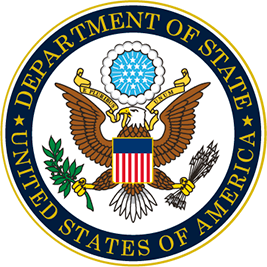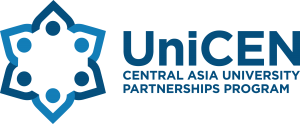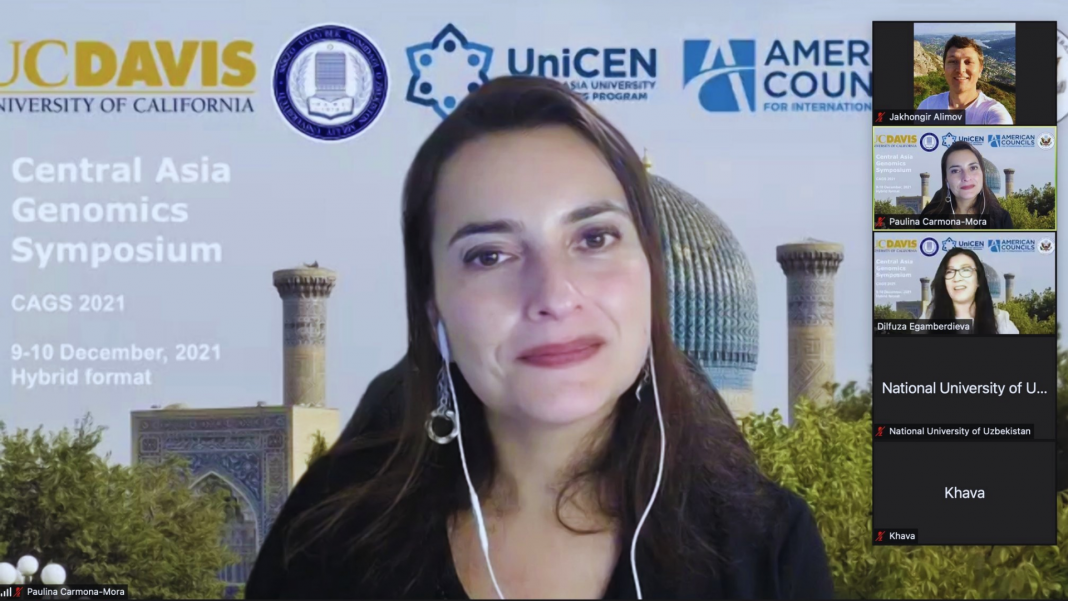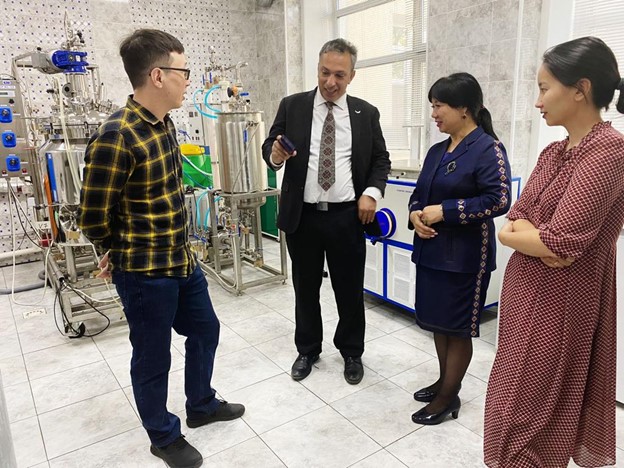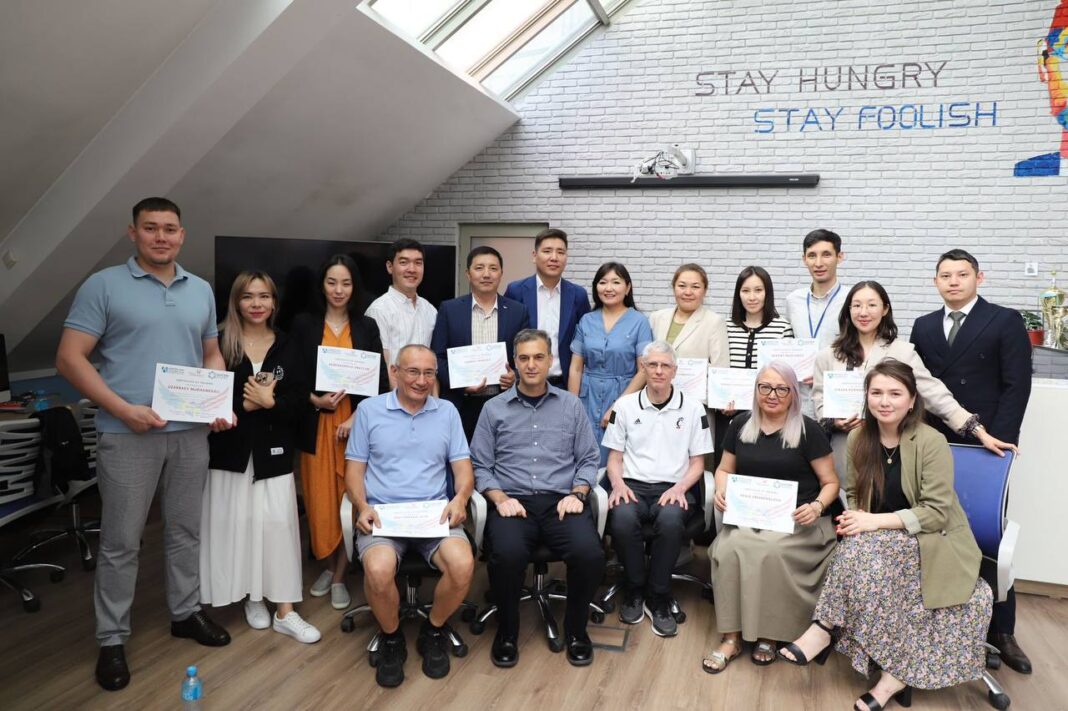Deeper understanding of the relationship between human genetic variation and population differences in disease distribution is a key step in informing health disparities around the world. Through the Central Asia University Partnerships Program (UniCEN), administered by American Councils for International Education and funded by the U.S. State Department through the U.S. Embassy in Tashkent, University of California-Davis and National University of Uzbekistan are advancing research and student mobility in human genomics and bioinformatics.
Through initial online discussion on research findings and future research perspectives, UC-Davis delivered genomics research tools and databases for 30 students at National University of Uzbekistan. As a result, students improved their knowledge of databases, methodologies, and how to write a scientific article.
In December 2021, UC-Davis and National University of Uzbekistan organized the 1st Central Asia Genomics Symposium as an online platform for collaboration in the context of science diplomacy of the 21st century. 25 distinguished researchers from the U.S., Uzbekistan, Kazakhstan, Kyrgyzstan, Armenia, the European Union and other countries shared new approaches and research using genomic tools with over 300 registered participants from Central Asia and beyond (including China, India, Europe and Latin America). The symposium raised the profile of Uzbekistan as an emerging area for the use of genomic and bioinformatic tools in research on different disciplines, ranging from human disease, microbiology, ecology, plant genetics, diagnostics, among others.

